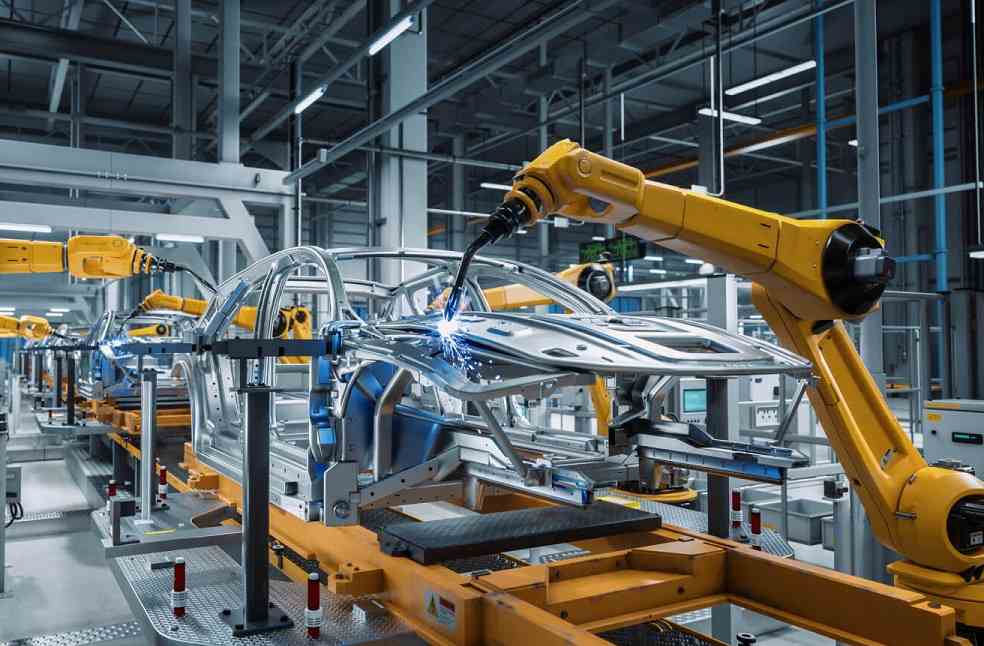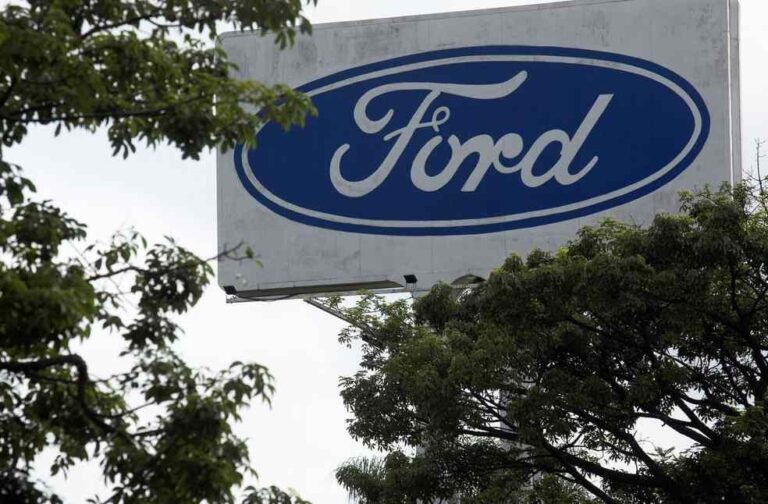Ford Motor on Tuesday declared plans to lay off up to 1,000 employees at its electric vehicle plant in Cologne, Germany, citing lower-than-expected EV sales as the reason.
As reported by Reuters, the American automaker will switch to a ‘single-shift’ operation starting January 2026, resulting in job cuts. To ease the impact, the company has pledged to offer voluntary redundancy packages to affected employees at the Cologne EV center.
Ford acknowledged that demand for electric vehicles in Europe is much lower than industry projections. Despite substantial investment, EV sales have not increased as rapidly as anticipated.
The move is part of Ford’s broader restructuring strategy in Germany, which has already resulted in significant workforce reductions, including at the Cologne plant and the planned closure of its Saarlouis facility. In 2024, the company launched the Cologne EV Center to produce a new generation of electric vehicles for the European market. However, by May 2025, Ford had scrapped its FNV4 initiative—a next-generation electrical architecture designed to improve vehicle software capabilities, reduce costs, and support the introduction of new revenue-generating features.

Ford invested $2 billion to convert the Cologne plant into a cutting-edge, carbon-neutral facility focused on electric vehicle production. Meanwhile, the pace of EV adoption across Europe has fallen short of expectations. While analysts had projected that electric vehicles would make up 35% of new car registrations by the end of 2025, they currently account for only 15.6% as of July.
High initial costs and a shortage of charging infrastructure have hindered the widespread adoption of EVs in Europe. Additionally, the removal of purchase incentives in Germany has contributed to a further slowdown in
growth.
Ford sold 260,000 vehicles across all categories in the first seven months of the year, marking a slight rise of 0.7%. Its market share held steady at 3.3%, according to the European Automobile Manufacturers’ Association.
TOP CARS | Dacia Unveils Duster Cargo LCV with Hybrid Power Options





